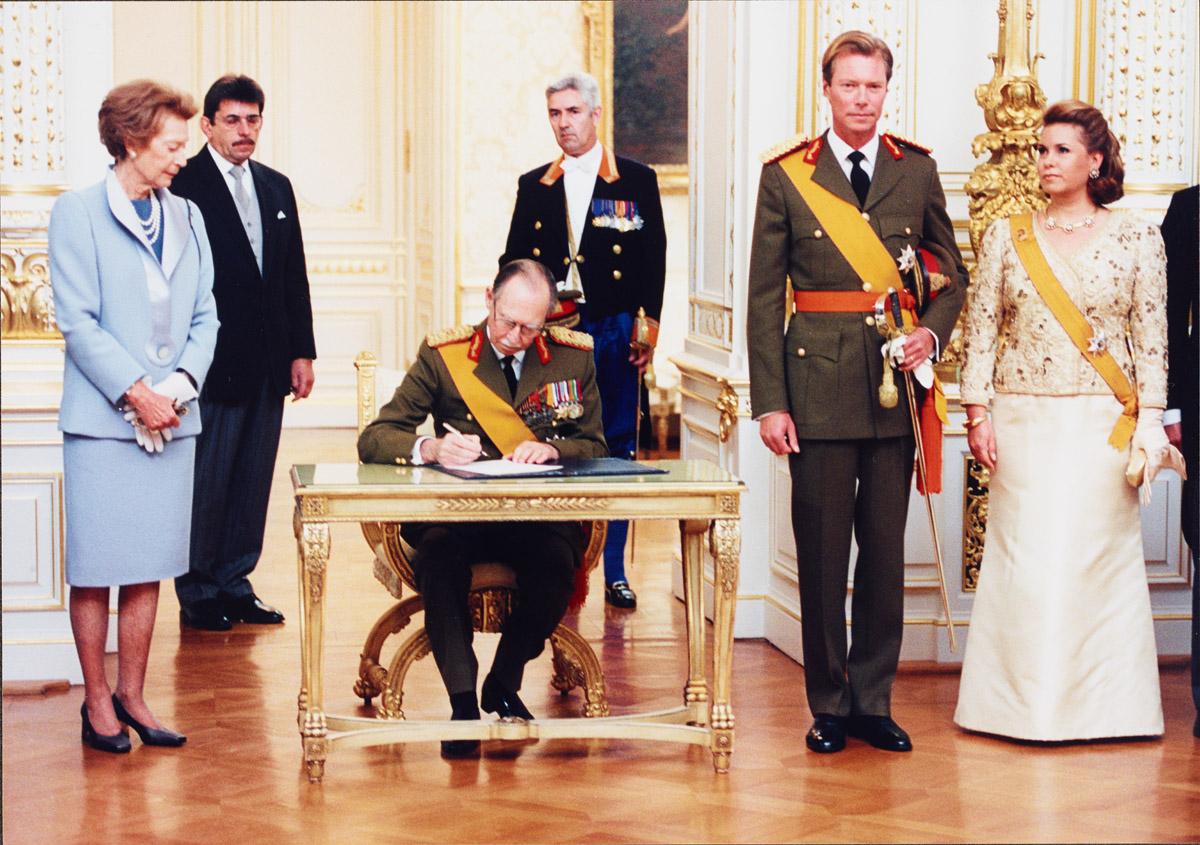natostratcon.info – The Grand Duchy of Luxembourg is a small yet significant country located in Western Europe, known for its rich history, political stability, and economic prosperity. As a constitutional monarchy, Luxembourg combines a hereditary monarchy with a democratic parliamentary system, making it a unique example of governance in the modern world.
Historical Background
Luxembourg’s history dates back to the early Middle Ages when it was ruled by various counts and dukes. The country’s name originates from the Roman fortress “Lucilinburhuc,” which translates to “small castle”. Over the centuries, Luxembourg has been ruled by different dynasties, including the House of Luxembourg, which produced several Holy Roman Emperors. The current ruling family, the House of Nassau, has been in power since 1815, following the Congress of Vienna, which elevated Luxembourg to a Grand Duchy under the rule of the King of the Netherlands.
Constitutional Monarchy
Luxembourg is a representative democracy in the form of a constitutional monarchy. The Grand Duke serves as the head of state, symbolizing the unity of the nation and guaranteeing its independence. The Grand Duke’s role is largely ceremonial, with the actual governance being carried out by the government and the parliament.
The Grand Duke’s Role
The Grand Duke is the head of state and the supreme commander of the armed forces. The current Grand Duke, Henri, ascended to the throne in 2000. The Grand Duke’s powers are defined by the constitution, which includes the ability to dissolve the parliament and appoint the government. However, these powers are exercised in consultation with the government and the parliament.
The Order of Succession
The succession to the throne is hereditary within the House of Nassau. The order of succession is determined by the Family Pact of 1783, which established the rules for the transmission of the crown. The crown passes from one member of the House of Nassau to another, following the principle of primogeniture. In 1907, the succession was amended to include female heirs, ensuring the continuity of the dynasty.
Political System
Luxembourg’s political system is characterized by a separation of powers between the executive, legislative, and judicial branches.
Executive Branch
The executive branch is headed by the Prime Minister, who is the head of government. The current Prime Minister is Xavier Bettel, who leads a coalition government. The government is responsible for the day-to-day administration of the country and is accountable to the parliament.
Legislative Branch
The legislative branch consists of a unicameral parliament known as the Chamber of Deputies. The parliament has 60 members elected for a five-year term. The most recent election was held in 2023, resulting in a coalition government between the Christian Social People’s Party and the Democratic Party.
Judicial Branch
The judicial branch is independent and includes various courts, with the highest being the Supreme Court. The judiciary ensures the fair administration of justice and the protection of citizens’ rights.
Economic and Social Development
Luxembourg is known for its strong economy, driven by sectors such as finance, steel, and information technology. The country has a high standard of living and a well-developed social welfare system. Luxembourg is also a member of the European Union and plays an active role in European affairs.
Conclusion
The Grand Duchy of Luxembourg stands as a testament to the successful integration of a constitutional monarchy with a modern democratic system. Its political stability, economic prosperity, and social welfare make it a model for other nations. As Luxembourg continues to evolve, it remains committed to maintaining its unique form of governance while addressing the challenges of the 21st century.
